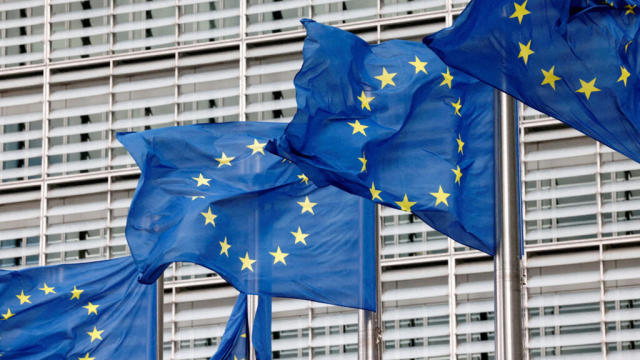The European Union has adopted a plan for a global minimum 15% tax on big business. The landmark deal between nearly 140 countries aims to stop governments racing to cut taxes in a bid to attract companies. It was praised by US Treasury Secretary Janet Yellen as “an historic agreement which helps even the playing field”.
Buy Prime Test Series for all Banking, SSC, Insurance & other exams
More About This:
EU member states reached agreement in principle to implement at EU level the minimum taxation component, known as Pillar 2, of the OECD’s reform of international taxation. The ambassadors of EU member states decided to advise the Council to adopt the Pillar 2 directive, and a written procedure for the formal adoption will be launched.
Need Of This:
Corporation tax is usually based on a company’s profits. But often they might be able to pay less depending on where their offices are registered or how they invest in their business.
The newly-approved plan was drawn up under with the guidance of the Organisation for Economic Cooperation and Development (OECD) and already had the backing of Washington and several major EU economies. But the implementation of the minimum tax in the 27-nation trading bloc was delayed as member states raised objections or adopted blocking tactics.
The reform of international corporate tax rules consists of two pillars:
- Pillar 1 covers the new system of allocating taxing rights over the largest multinationals to jurisdictions where profits are earned. The key element of this pillar will be a multilateral convention. Technical work on the details thereof is ongoing in the Inclusive Framework
- Pillar 2 contains rules aimed at reducing the opportunities for base erosion and profit shifting, to ensure that the largest multinational groups of companies pay a minimum rate of corporate tax. This pillar is now enshrined legislatively in an EU directive which was adopted unanimously by all member states voting in favour.
Significance Of This:
Effective implementation of the directive will limit the race to the bottom in corporate tax rates. The profit of the large multinational and domestic groups or companies with a combined annual turnover of at least €750 million will be taxed at a minimum rate of 15%. The new rules will reduce the risk of tax base erosion and profit shifting and ensure that the largest multinational groups pay the agreed global minimum rate of corporate tax.
About European Union:
The European Union (EU) is a political and economic union of 27 member states that are located mostly in Europe formed in 1993. Most of the member countries (19 of them) use Euro as their official currency, while 8 of them do not.
- Bulgaria, Croatia, Czech Republic, Denmark, Hungary, Poland, Romania, and Sweden are not part of the Euro-zone.
EU Countries:
Austria, Belgium, Bulgaria, Croatia, Republic of Cyprus, Czech Republic, Denmark, Estonia, Finland, France, Germany, Greece, Hungary, Ireland, Italy, Latvia, Lithuania, Luxembourg, Malta, Netherlands, Poland, Portugal, Romania, Slovakia, Slovenia, Spain and Sweden.



 Indian Olympic Medal Winners List Till N...
Indian Olympic Medal Winners List Till N...
 Who is the Inventor of the Gramophone?
Who is the Inventor of the Gramophone?
 HS Dhaliwal Appointed New DGP Of Andaman...
HS Dhaliwal Appointed New DGP Of Andaman...
